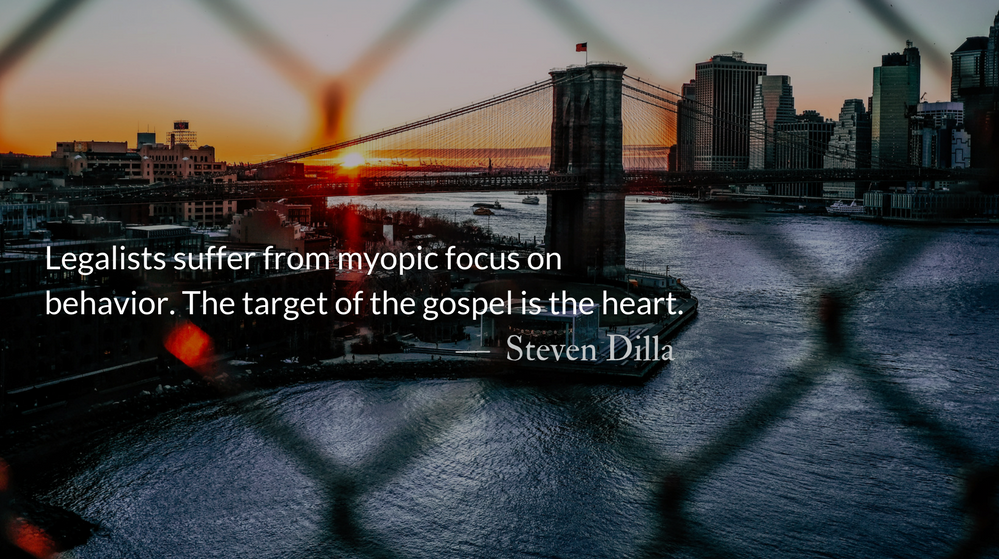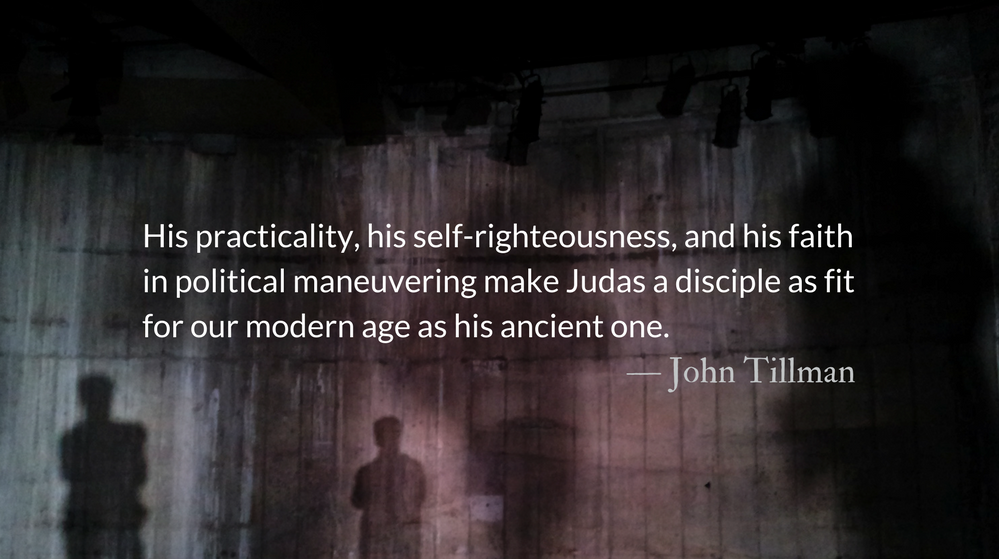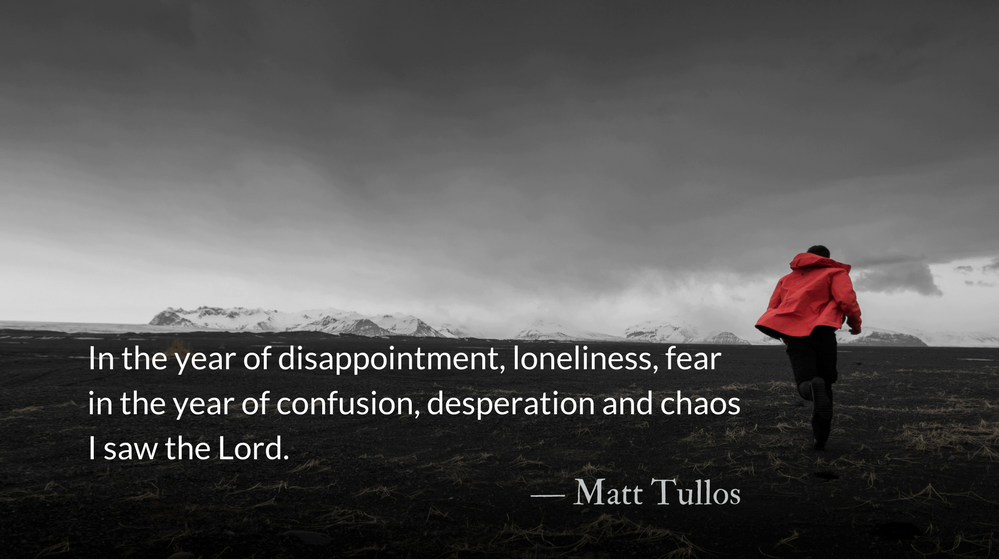Scripture: Proverbs 27.19
As water reflects the face,
so one’s life reflects the heart.
Reflection: Getting to the Heart
The Park Forum
Our hearts, like fine instruments, need to be tuned. Proverbs warns, “Keep your heart with all vigilance, for from it flow the springs of life.” This may have been what Jesus was thinking of when he said, “…for out of the overflow of the heart, (the) mouth speaks.” Our heart sets the course for our life. If our heart is envious, entitled, impatient or pleasure-seeking, everything in our life will be marked by these traits.
Legalists suffer from myopic focus on behavior. If a person is angry, legalists demand the person control the outputs of anger. Don’t lash out. Pause before you react. In contrast, the target of the gospel is the heart — it address a person’s actions by moving directly to the root.
For example, is a person angry: (1) because he feels superior and sees others as a nuisance, (2) because he lusts for success and lashes out when things get shaky, or (3) because something happened in the past and he now responds disproportionally under the same circumstances.
In the first case, the root of the anger is entitlement — and the root is likely fleshing itself out as he belittles people who work in service positions or spends large amounts of money on things that refine his image. Multiple sins often draw life from the same root.
In the second case, the root is the idol of success. The person might use peers to scrape his way to the top — taking credit for other people’s work and shifting blame for failures. He could also be ignoring relationships that don’t seem to benefit his bottom line.
In the later case, the root of his anger is likely either guilt or bitterness. If the person is full of guilt, he may not have forgiven himself or walked through the necessary steps to seek forgiveness from those he has hurt. If he is bitter it’s possible he is delaying the journey to forgive someone who has hurt him.
When we get to the root issues of the heart we begin discussing motivations rather than just actions. Focusing solely on actions is like a doctor handing throat lozenges to a coughing patient who is really suffering from pneumonia.
In some ways it’s more comfortable to deal exclusively with actions rather than addressing heart issues. After all, if it’s simply an action that’s our core problem, we can often provide the solution on our own — willing ourselves into change.
Seeing God’s grace as the primary means of change doesn’t mean we stop working on our will. True change happens when a person responds with all of their heart, all of their soul, all of their mind and all of their strength. In his book, The Great Omission: Reclaiming Jesus’ Essential Teachings on Discipleship, Dallas Willard clarifies, “Grace is not opposed to effort, it’s opposed to earning.”
In this, we seek to live dedicated lives of faith empowered by the Holy Spirit. After all, what person can change their own heart? Tell two people in love to stop their hearts from loving. Tell an envious person to have a content soul. It can’t happen. When the gospel drives at our heart it takes us beyond our own sufficiency to our need for a Savior—someone who can change our heart.
Prayer: The Call to Prayer
I will lift up my hands to your commandments, and I will meditate on your statutes.” — Psalm 119.48
– Prayer from The Divine Hours: Prayers for Springtime by Phyllis Tickle.
Full prayer available online and in print.
Today’s Readings
Proverbs 27 (Listen – 2:43)
2 Thessalonians 1 (Listen – 1:52)











